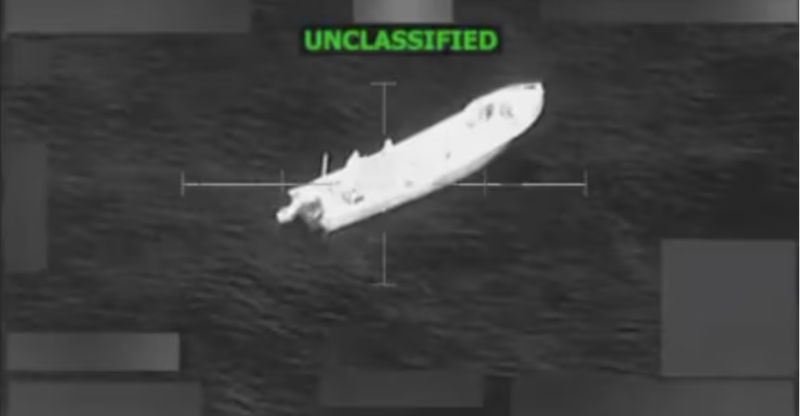The United Kingdom has ceased sharing intelligence with the United States regarding suspected drug trafficking vessels in the Caribbean, citing concerns over the legality of US military strikes. According to sources familiar with the matter, the UK believes these strikes violate international law and does not wish to be complicit in what it considers illegal actions. This decision marks a significant departure from the UK’s traditionally close intelligence-sharing relationship with the US and reflects growing skepticism about the US military’s campaign in Latin America. For years, the UK, which controls several Caribbean territories housing intelligence assets, has assisted the US in locating suspected drug vessels for interdiction by the US Coast Guard. However, after the US began launching lethal strikes against these vessels in September, the UK grew concerned that its intelligence might be used to select targets for these attacks. The intelligence pause began over a month ago, coinciding with the UN Human Rights Chief Volker Türk’s condemnation of the strikes as “extrajudicial killings.” The UK aligns with this assessment, sources told CNN. The British Embassy in Washington and the White House declined to comment, while a Pentagon official stated that the department does not discuss intelligence matters. The Trump administration has defended the strikes, arguing that suspected traffickers pose an imminent threat to Americans and are “enemy combatants” in an “armed conflict” with the US. However, legal experts and senior US defense officials have questioned the legality of the campaign, with some expressing concerns that the strikes violate international law. Canada, another key US ally, has also distanced itself from the military strikes while continuing its partnership with the US Coast Guard under Operation Caribbean.
